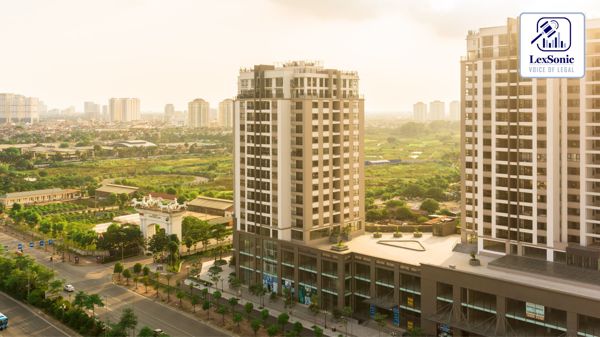Bombay High Court Dismisses School's Plea Against Demolition, Citing Unsanctioned Construction.
09 May 2025
Civil Writ Petition >> Civil & Consumer Law
In Aryan World School, A Charitable Educational Institution, Through the Manager, Milind Ladge, Pune v/s Pune Metropolitan Regional Development Authority [PMRDA] Through its Commissioner, Pune & Others., the Bombay High Court has upheld a demolition order issued by the Tahasildar and Designated Officer, Pune Metropolitan Region Development Authority (PMRDA), against a prominent non-profit educational institution in Pune. The Court's decision underscores the illegality of constructions based solely on Grampanchayat No Objection Certificates (NOCs) and reiterates that unauthorized structures cannot be regularized.
The Petitioners, an educational institution serving approximately 2,000 students from Standard 1 to Standard 10, challenged the PMRDA's order dated April 17, 2025, which directed the removal of their unauthorized construction within 15 days.

Petitioners' Arguments:
Ms. Neeta Karnik, learned Senior Advocate for the Petitioners, argued that the school is a reputable institution and the demolition order was issued without a fair hearing or proper consideration of all submitted documents. She contended that the structure was built based on an NOC issued by the Grampanchayat on October 1, 2007. According to her, the Grampanchayat was the relevant authority for construction permissions before the PMRDA's establishment in 2016, making their construction legitimate. Ms. Karnik also stated that the Petitioners had applied for regularization of the structure on January 17, 2025, but this application was rejected by the PMRDA on January 23, 2025.
Respondent's Stance:
Mr. Vijay Patil, learned senior counsel for Respondent No.1 (PMRDA), asserted that the constructed structure is illegal, as the Petitioners had failed to produce any document demonstrating permission for such construction from a competent authority. He requested the dismissal of the petition.
Court's Observations and Verdict:
The High Court, after reviewing the arguments and records, observed that this case was another instance of illegal construction erected based on a Grampanchayat NOC, followed by a rejected regularization application. The Court emphatically stated that Grampanchayats have "no authority to grant permission for construction." It cited numerous previous judgments reinforcing this position, including Manoj Ramanand Prajapati V/s. State of Maharashtra and Ors. (2017), Sunil Vishwanath Madavi & Anr. V/s. The Chief Secretary, State of Maharashtra (2024), and Indradas Kacharu Gaikar V/s. Kalyan Dombivali Municipal Corporation & Ors. (2025).
The judgment highlighted a "common belief that one can construct and then subsequently ask for regularization," which has led to this situation in Maharashtra. Reiterating the principle that "illegality is incurable" as established in K Ramadas Shenoy v The Chief Officers, Town Municipal Council, Udipi and Others (1974), the Court further referenced High Court on its Own Motion V/s. The State of Maharashtra (2024), which clarified that Section 53(3) of the Maharashtra Regional Town Planning Act, 1966 (MRTP Act), does not permit ex post facto permission for outright illegalities.
The Court also drew upon recent Supreme Court rulings, including Rajendra Kumar Barjatya & Anr. V/s. U.P. Avas Evam Vikas Parishad & Ors. (2024) and Kaniz vs. Sabuddin & Ors. (2025), which mandate a "strict approach" against illegal and unauthorized constructions. These rulings emphasize that construction violating approved plans or lacking permissions must be demolished, and courts should not readily engage in "judicial regularization."
Dismissing the Petitioners' plea for leniency due to their status as an educational institution, the Court stated that such "misplaced sympathy not only undermines the sanctity of the law but also jeopardizes the very foundation of town planning." It firmly asserted that "illegality is inherently incurable, and the law is equal and uniformly applicable to all, without exception."
In a notable directive, the High Court instructed the State to file a compliance affidavit within six months (by November 14, 2025), detailing actions taken against the Grampanchayat and the Sarpanch for issuing the unauthorized NOC and permitting the illegal construction. The petition was accordingly disposed of.
Section 53, MAHARASHTRA REGIONAL AND TOWN PLANNING ACT - 1966
MAHARASHTRA REGIONAL AND TOWN PLANNING ACT, 1966
